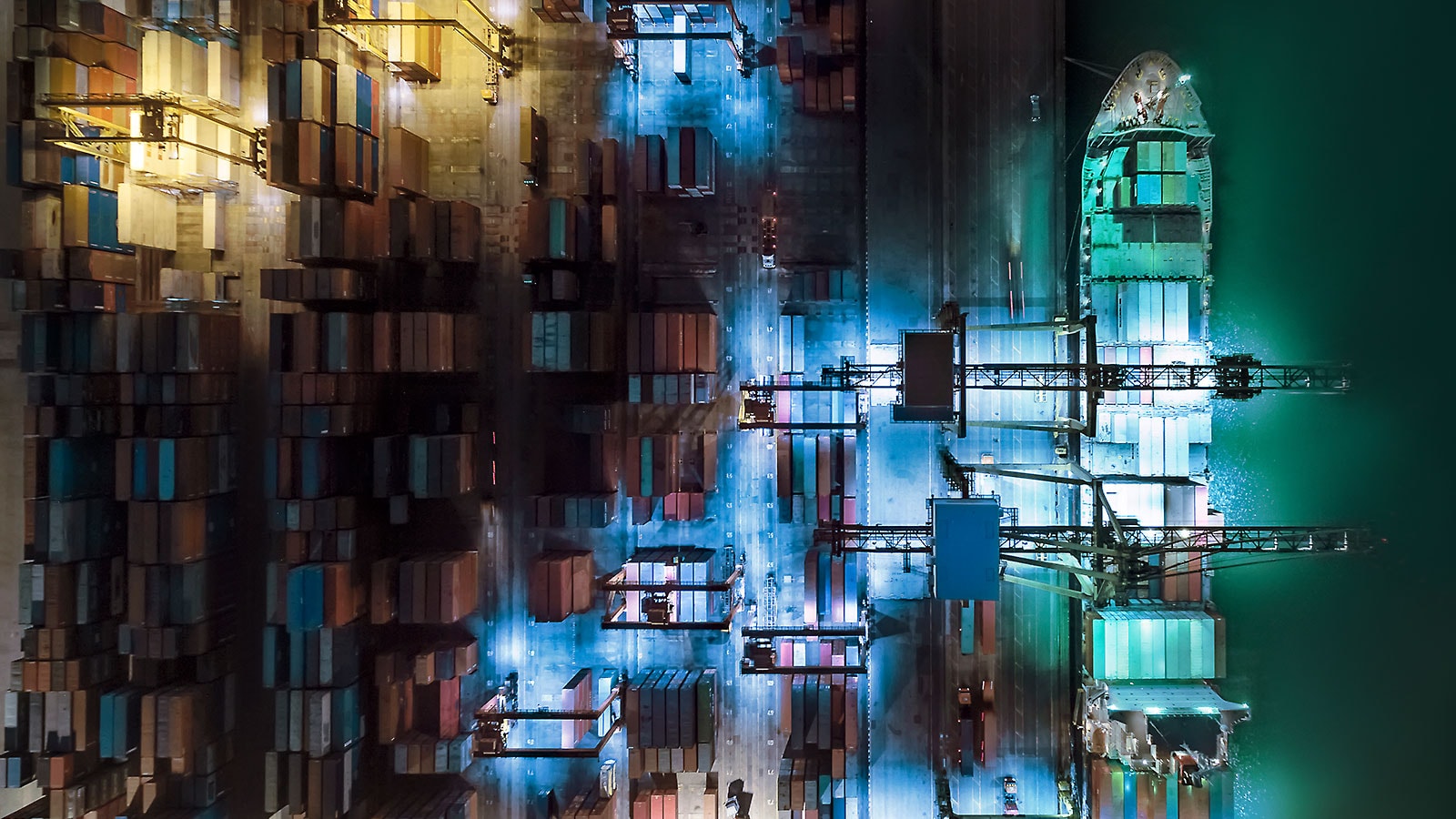At a glance
The EU is set to introduce a major customs reform that will significantly impact how goods are imported and exported within the single market. A key change is the replacement of the current Authorised Economic Operator (AEO) status with a new "Trust and Check" (T&C) trader status.
Businesses with T&C status will need to implement systems that can transmit real-time data on goods movements to the EU Customs Data Hub, enhancing customs supervision and risk management. This status will offer benefits such as deferred customs debt, simplified procedures, and the ability to perform certain controls themselves.
However, transitioning from AEO to T&C status is not automatic. AEOs will need to meet additional requirements, including investing in advanced IT systems for real-time interaction with customs authorities.
The move to T&C status represents an evolution in customs compliance, introducing stricter requirements alongside greater facilitation opportunities. Significant investments in IT infrastructure, data security, and compliance will be necessary. Companies are advised to begin preparing early to minimise disruptions and fully benefit from the new regime.
T&C authorisation vs. AEO certification: what are the main differences?
The T&C authorisation and the AEO certification are both mechanisms designed to facilitate trade and enhance security in the supply chain. However, they are distinct in their requirements and the benefits they confer upon traders.
As a reminder, the AEO certification can be obtained when the specific criteria can be fulfilled including a history of compliance with customs regulations, appropriate professional qualifications, financial solvency and a high level of control over their operations and goods flow. This is achieved through effective management systems for commercial and, where necessary, transport records, enabling appropriate customs controls, etc.
Once granted, this certification can provide the following benefits for the economic operators (among others):
- Globally recognised mark of quality that signals a company’s role as a secure and reliable participant of international trade. It is based on the World Customs Organization’s SAFE Framework of Standards to secure and facilitate global trade.
- Reduced customs inspections, priority treatment if selected for inspection and the possibility of simplified customs procedures.
According to the currently available draft documents underlying the EU customs reform project, the T&C Authorisation will envisage the following (among others):
- The T&C status requires the economic operator to transmit real-time data on goods movements from its IT system to the EU Customs Data Hub, a central platform for customs supervision and risk management.
- The T&C status grants the economic operator several facilitations, such as providing data and documents after the release of the goods, performing certain controls and releasing the goods themselves, determining and deferring the customs debt periodically and avoiding transit formalities for goods entering or exiting the customs territory.
Transition from AEO to Trust and Check:
While current AEOs have a foundational level of compliance and systems that may give them a transitional advantage, it is not automatic that an AEO will become a Trust and Check trader.
AEOs will need to meet the additional requirements specific to the T&C approach, particularly the implementation of an electronic system capable of interacting with customs systems for real-time data exchange.
The transition to T&C status may require investment in technology and processes to meet the new standards of data provision and interaction with customs authorities.
In a nutshell, the Trust and Check authorisation represents an evolution of this concept, introducing more stringent requirements and offering greater facilitation benefits. AEOs will not automatically become T&C traders; they must actively meet the additional criteria to qualify for this advanced status. The complexity of implementing the T&C requirements is beyond a simple upgrade and involves a significant commitment to enhancing systems and processes for real-time data sharing and analysis.
However, the T&C status also poses some challenges and costs for the economic operators, such as:
- The T&C status will require importers and exporters to grant the customs authorities access to their electronic systems and to share their commercial information in real time with a central EU Customs Data Hub, which will replace the national customs clearance systems. This will entail significant investments in IT infrastructure and data security, as well as increased compliance risks and obligations for the traders.
- The T&C status will not be available for other economic operators involved in customs activities, such as carriers, warehouse keepers or direct customs representatives, unless they act as indirect customs representatives for importers or exporters. This will result in the loss of their current AEO status and the associated benefits, such as reduced guarantees, priority treatment and mutual recognition with third countries. It will also affect their competitiveness and reputation in the market, as well as their ability to provide services and support to SMEs and non-EU traders.
- The T&C status will also imply the abolition of many existing facilitations for non-T&C traders, such as simplified declarations, declarations by entry in the records and deferred payment of customs debt. This will increase the administrative burden and costs for non-T&C traders, especially SMEs, who may not have the resources or the incentives to apply for the T&C status. It will also create more difficulties for correcting errors or requesting refunds, as well as more exposure to controls and penalties by the customs authorities.
What is the current status of the EU customs reform?
The EU customs reform proposal is still under discussion and negotiation in the Council and the Parliament, and it is not clear when and how it will be adopted and implemented. The European Parliament has already proposed some amendments to the proposal, such as maintaining the AEOC status, allowing more flexibility and options for the data provision and the customs procedures, and providing more support and incentives for the SMEs and the customs representatives.
The T&C status is a major innovation in the EU’s customs legislation, and it will have significant implications for the trade and customs community. It is important for the economic operators to be aware of the changes and the opportunities that the T&C status will bring, and to prepare accordingly for the transition to the new customs regime.
How can we help?
At PwC, we understand the complexities and challenges that come with adapting to new regulatory environments. Our expertise in international trade and customs compliance positions us to support your business in understanding the EU customs reform and its implications.
In addition, PwC can support you by performing a gap analysis of your trade and customs processes to analyse whether you fulfil the AEO criteria and the different type of improvements that could be implemented. Contact us today to learn how we can assist you in navigating these changes and enhancing your operational efficiency.
Contact us
Katya Rassadkina








